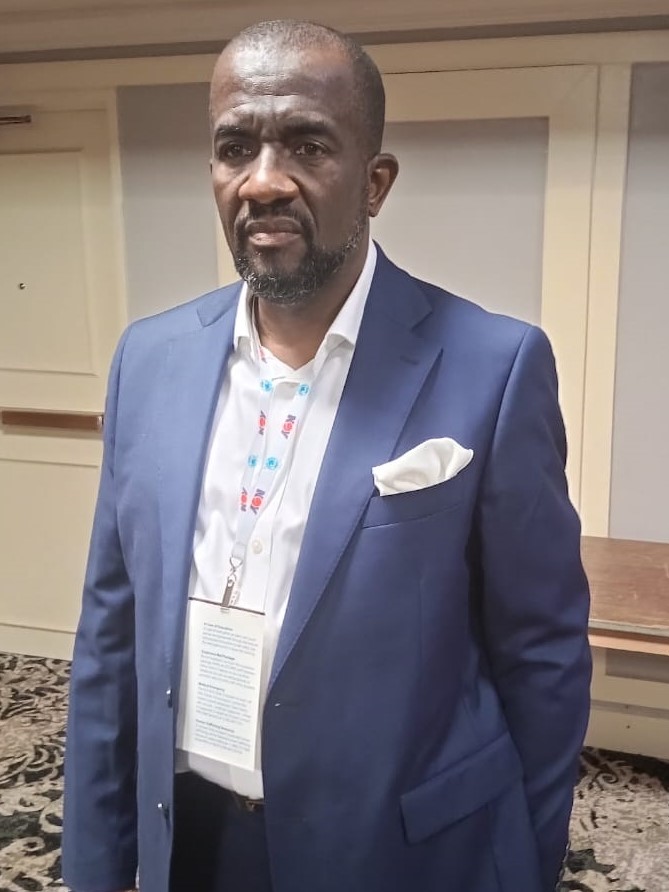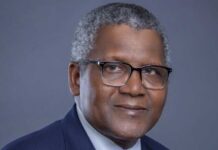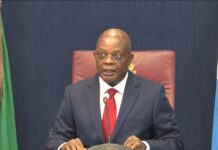. Assures good corporate governance structure of the commission
As part of the effort to sustain development in the Niger Delta region and cushion the unfortunate effect of food insecurity in Nigeria and other challenges, the Niger Delta Development Commission, NDDC, said it has committed to transforming the region through massive investment in various sectors of the economy.
The commission also announced that it is now exploring global funding and Private Public Partnership (PPP) arrangements in addition to its traditional sources of funding which included; a three percent oil company budget, 15 percent FAAC allocation, and 50 percent ecological fund, to actualize the development plans.
Also, the commission said it is in talks with global consultants to establish a Memorandum of Understanding to establish its corporate governance structure.
To attract some of these funding options, the commission said the operations of the commission must be open and not opaque; hence the decision to hire one of the best international consulting firms to help it set up its corporate governance structure.
NDDC Executive Director, Projects, Mr. Charles Ogunmola, stated this during an interview session with energy editors during the presentation of the NDDC Event tagged, “Niger Delta Invest: Beyond Oil forum” at the just concluded Offshore Technology Conference (OTC) in Houston Texas, USA.
According to him ‘‘We are currently in talks with PwC, KPMG, and Deloitte for one of them to come in and establish our corporate governance structure so that we will be able to operate like any other world-class organization where everything is run with probity and guided with the best in practice rules of governance.
We should start the journey of our corporate governance renewal and that is ongoing at the moment. We hope to establish a Memorandum of Understanding (MoU) within the next 30 to 60 days.
He noted that some of the partnership opportunities are in Agriculture, transportation, Modular refineries, and the health sector, etc.
Going forward, Ogunmola said every project request must be the business case based, adding that before now, the commission State offices used to be restricted to inspection.
He said NDDC officials will now be stationed at the Local Government level, saying a lot of the requirements from the community must come from the community and everyone must be involved, including youths and community leaders and local pressure groups.
‘‘So when the decision comes out, it is a collective decision that no one in the community can deny knowledge of.
The Local Community must now come up with a needs assessment which must be signed off by the community leaders. And it is the people in the community that will execute such projects,’’.
Prior to now, he said only NDDC workers monitor projects but going forward, he said the commission will now involve independent organizations to monitor the outcome of projects.
The firms according to him are not just stationed in one location but move across States to monitor projects.
‘‘But an organization would not just stay in one location. For instance, if an organization monitors a project in Abia today, the next project monitoring will be in Rivers or Akwa Ibom.
So by that, it becomes difficult for the independent assessor to establish a relationship with any contractor. And that helps the commission to get an objective view and status about such a project from our internal workers who are very competent and external umpire,’’.
He added that the commission now has an advisory board for its budgeting process and must see that State Governors, National Assembly, traditional rulers, youth and pressure groups sign off on a project before implementation begins.
‘‘So at the end of the day, when a project comes out, nobody can feign ignorance that they are not part of the process,’’
Ogunmola said every project must have an outcome framework where all boxes related to the project must be ticked by the contractor handling such project.
He explained that a situation where roads are built without drainages, sidewalks, culverts and streetlights would no longer be acceptable to the commission.
‘‘The era where a contractor just comes with a certificate of job completion to be signed off without meeting the requirements of project outcome will now be a thing of the past,’’.
On funding, he said the commission has developed a strategy to attract additional sources in line with the Act setting up the commission.
However, during the “Niger Delta Invest: Beyond Oil forum” event , some of the directors took out time to brief the world of the opportunities for partnership in the Niger delta region.

























